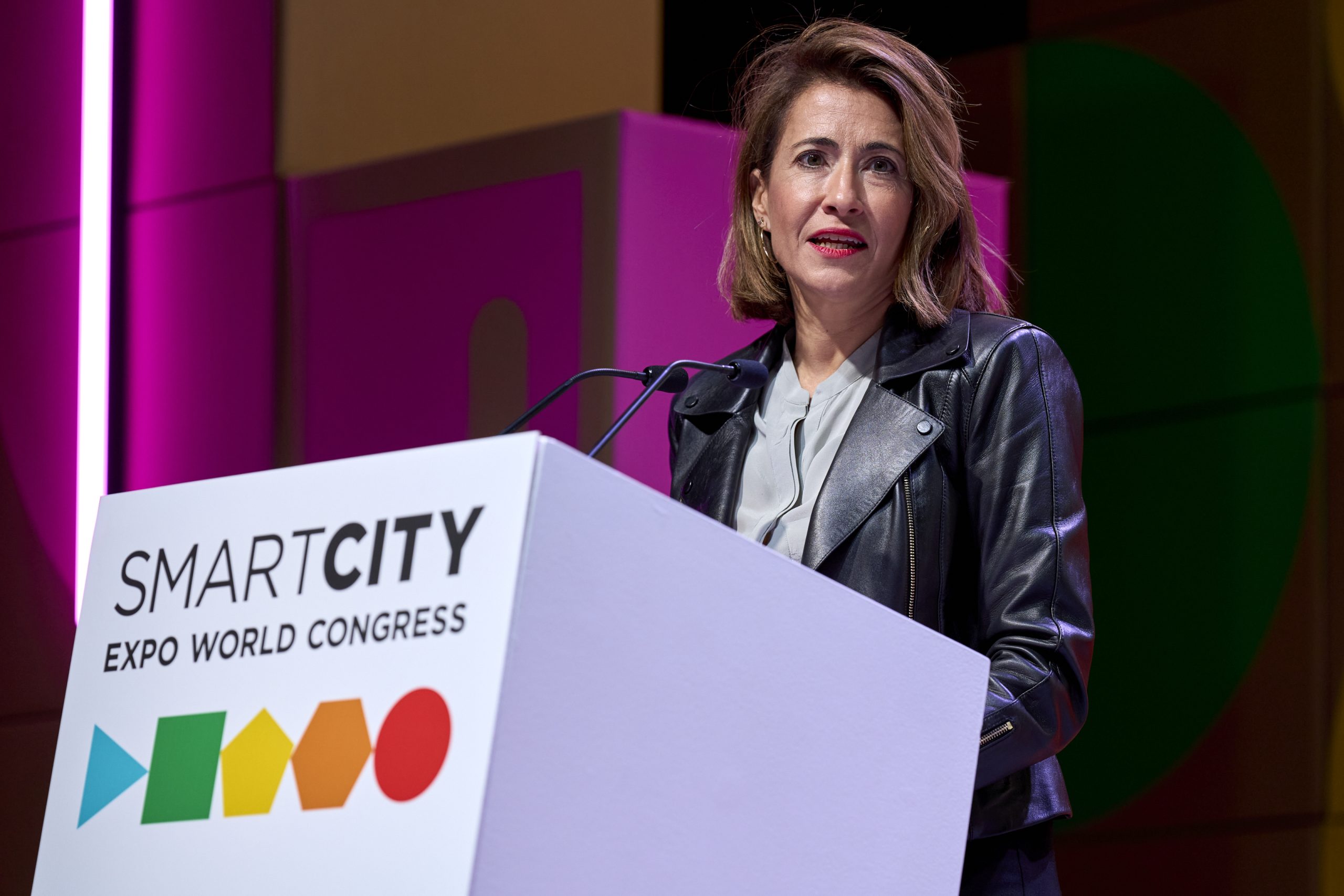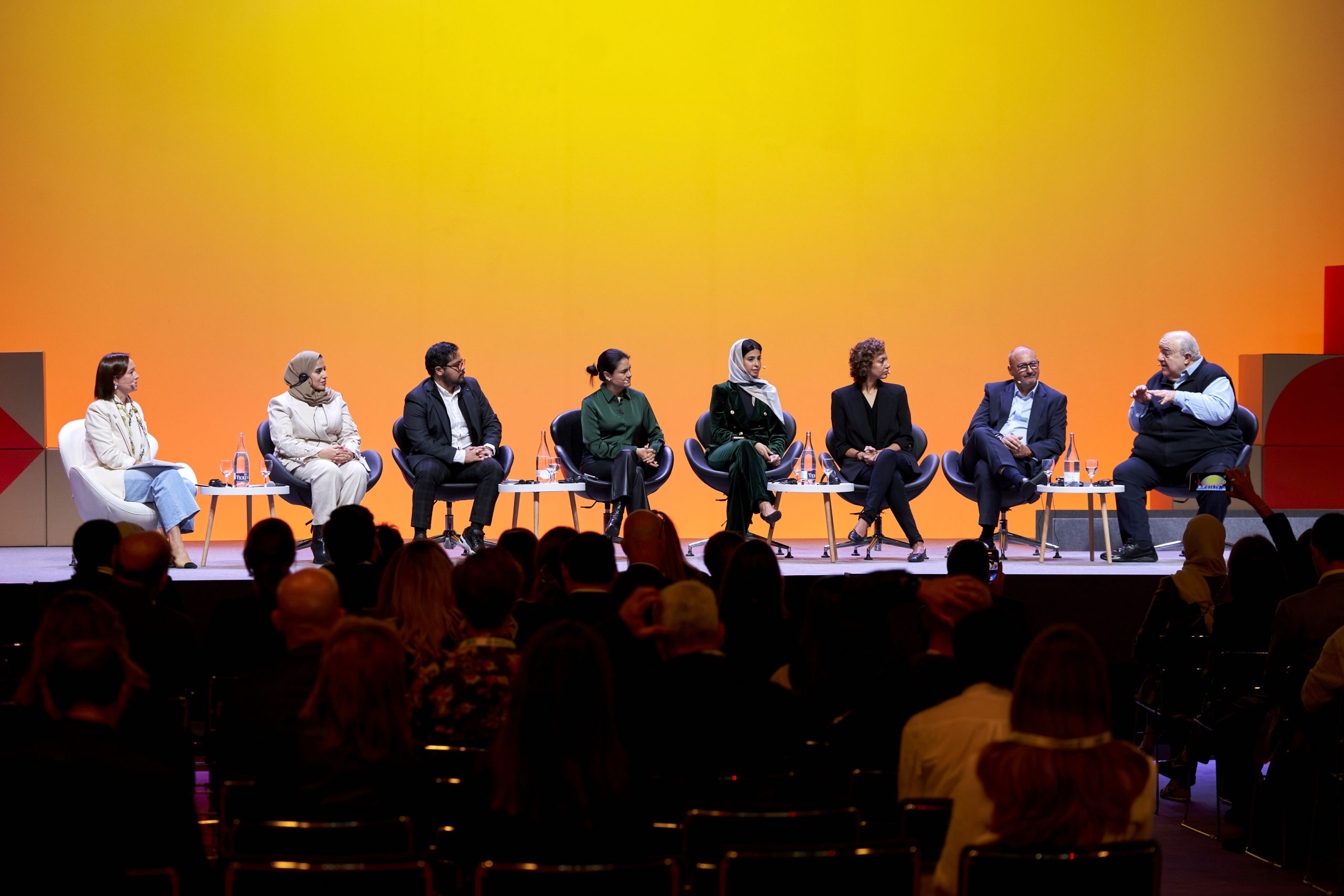Author | Lucía Burbano
The basis of smart governance is good governance. However, the latter concept depends on how transparent, honest or open municipal governments are. Smart governance seeks to enhance good governance to establish and protect democracy, facilitating communication and collaboration, enabled through digitalization.
What is smart governance?
IGI Global defines smart governance as "the use of technology and innovation for facilitating and supporting enhanced decision making and planning within government agencies." This concept proposes the improvement of democratic processes and the transformation in the provision of public services.
In this context of smart governance, Vadot defines the ‘Smart’ acronym as Social, Mobile, Analytics, Radical-Openness and Trust.
Whatever the case, both highlight how the generation, analysis and use of the vast amount of data generated by smart cities through a connected infrastructure thanks to the Internet of Things, allow a new, more democratic, inclusive and sustainable model of public management.
Advantages of smart governance
Greater citizen participation
With the help of ICTs, citizens can interact directly with the Administration and express their opinions on local policies.
Access to public information
Smart governance allows citizens to openly access data related to public administration and budget allocation. This transparency improves trust in governments.
Obstacles for its implementation
Generating public interest
Some government issues may not be of interest to everyone. Therefore, getting people to get involved can be a challenge. Given this situation, entertaining and innovative tools need to be designed.
Digital illiteracy
The so-called digital divide or the usability of smart governance applications can pose a problem for getting a segment of population involved without knowledge of or experience in digital environments.
Examples of smart governance in cities

Summerside, Canada
The city needed an innovative way of consulting with residents, where they would not only want to take part, but also enjoy the process. To do so, they installed QR codes in key areas, where citizens could share information and respond to questions about municipal management.
This system increased the rate of citizen participation by 18% in a budgetary process, particularly among the 15-30 year old age group.
Kakogawa, Japan
In 2015, the city of Kakogawa was rated as one of the most dangerous in Japan, but smart governance helped, not only to alleviate this problem, but also to improve transparency within the city council. In 2017, the city issued a decree installing 1,475 cameras to combat high rates of street crime. The system detects residents with Bluetooth low energy labels, which allows parents and family members to receive notifications about the location of children or the elderly through an app.
To explain the measure, the city council organized over ten meetings with citizens and the mayor personally explained the purpose of the policy responding to the questions of residents regarding what happens with the images captured by the camera system. As a result, more than 90% of the residents accepted the measure and supported this initiative. Furthermore, the crime rate in Kakogawa was lower than the regional average for the first time in many years.
Photographs | Unsplash/John Schnobrich, Unsplash/NordWood Themes






















































